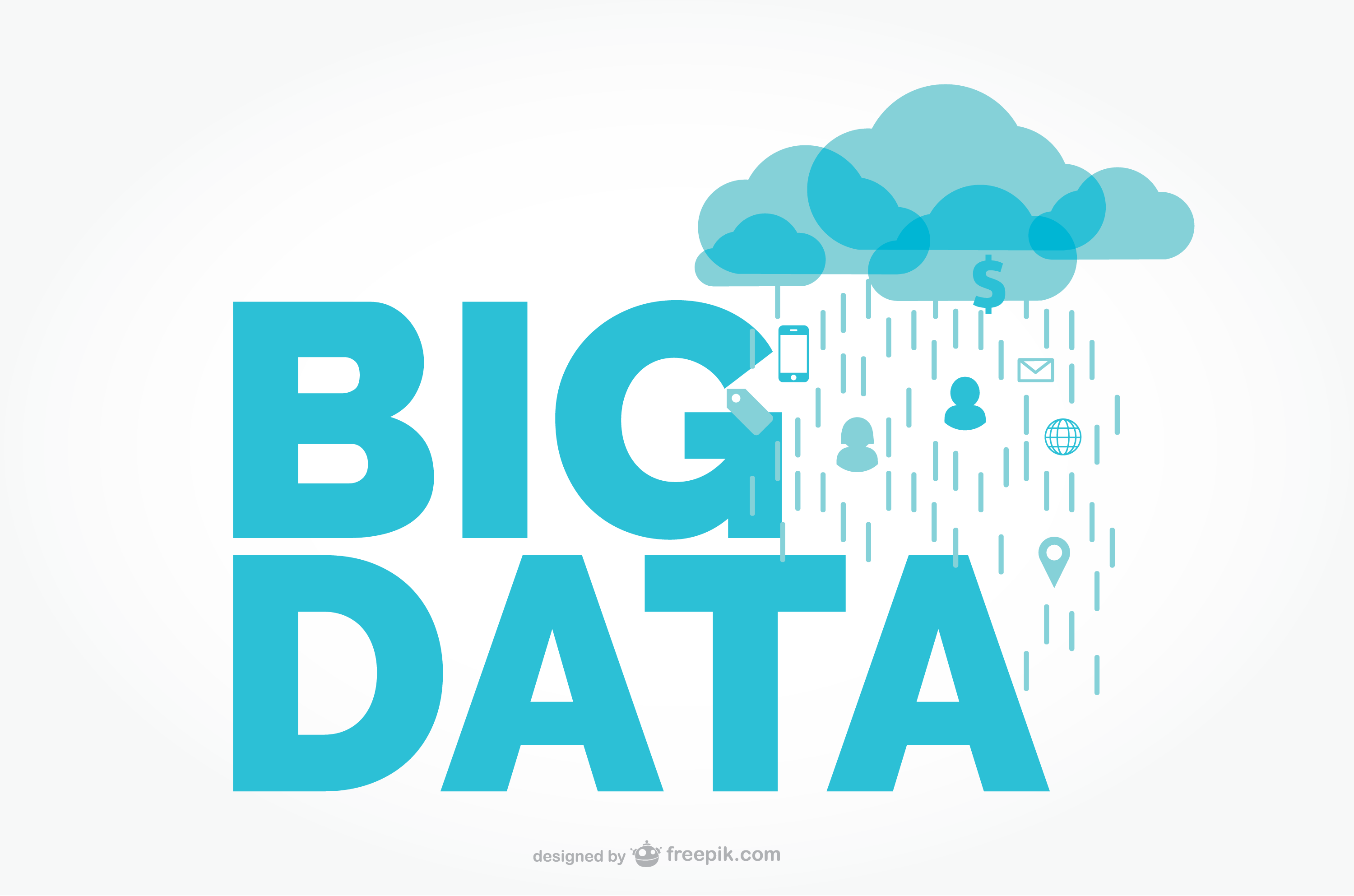Big data is not just a concept but also a tool to manage large amounts of data. OPEN-TEC (Knowledge Sharing Platform) would like to share knowledge from studies via online course offering by University of Adelaide Australia and knowledge from various sources, e.g. edX platform and IT Trends 2018 Asia’s Rising Power hosted by IMC Institute in collaboration with Optimus.
What is Big Data?
The definition seems to be straight forward: “Big Data” includes the functional scope where the traditional systems are inadequate to deal with the complexity of data. Big data also includes challenges e.g. capturing, storing, analyzing, and even virtualizing the complex data set.
Big Data Creates Positive Changes
Even though we may not be aware of it, we produce a huge amount of data, which can pose different challenges in our daily life. Big data can lead to technology initiative designs to tackle with challenges by using software or algorithms. In abstract aspects, it would lead to making better decisions where we normally find it in business through policy agencies. In recent cases in healthcare in the United States, they found that the cost of fraud, waste, and abuse in the healthcare industry is a key contributor to spiraling healthcare costs. Having said that, the opportunity for big data analytics can be a game changer in helping to identifying fraud. Big data enables healthcare providers to investigate groups of claims, by recording and reviewing historical unstructured claims datasets. Moreover, machine learning algorithms can detect anomalies and patterns. As a result, healthcare providers create whole process transparency to capturing an incremental 20% of fraud, waste, and abuse in its claims department.
4 Fundamental Elements of Big Data
Volume
An amount of stable data pending for analysis.
Velocity
Real-time data from streaming activities; live video, online streaming which mostly are stock exchange data.
Variety
Structured and unstructured data in various forms; media, video, text etc.
Veracity
Uncompleted, irrelevant or non-related data to any specific transactions.
In the next chapter we will talk more about cases from daily situations.
Sources: edX platform, IT Trends 2018 Asia’s Rising Power hosted by IMC Institute in collaboration with Optimus

